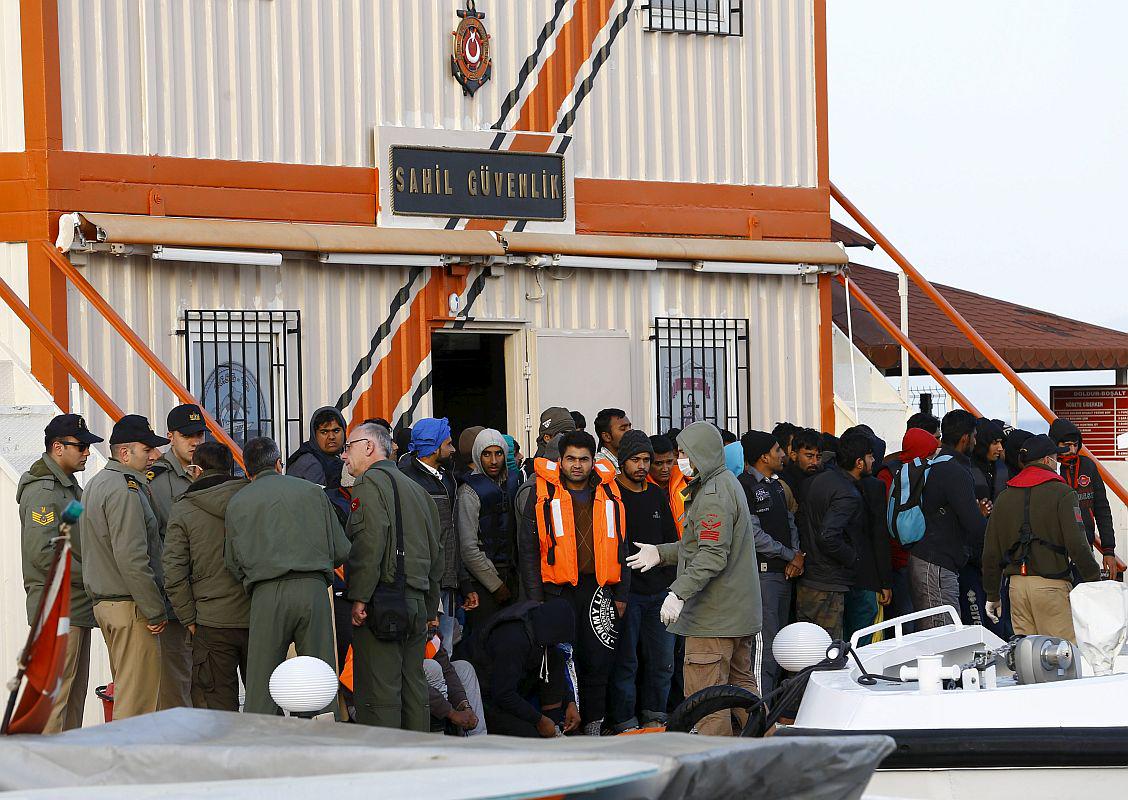
The number of migrants, who until up to a few weeks ago set off from Turkey to reach Greek islands in great numbers, has dropped significantly. Five digit numbers from a few weeks ago became much smaller with the closure of the Balkan route and the return of some migrants to Turkey.
It has not yet been officially determined when Slovenia will start accepting Syrian refugees sent to the EU. The number of refugees that Slovenia is willing to accept has also not been set. “In relation to the agreement between EU and Turkey, Slovenia and other EU countries have supported the statement that they would take in refugees from Turkey, but no concrete obligations have not been made,” reports the Slovenian Ministry of Foreign Affairs.
Solidarity transfer of asylum seekers
However, the government has passed a plan in March regarding the transfer of asylum seekers from Italy and Greece as a gesture of solidarity. Slovenia has pledged to take in a larger number of people in the form of transfer or permanent resettlement. The first measure is intended for transferring people in need of international protection from Italy and Greece based on the so-called sharing of burden between EU member states. The latter measure, on the other hand, is aimed at resettling people who have already been given refugee status from non-EU countries.
According to the government’s plans, 567 people will be relocated from Italy and Greece to Slovenia, while 20 refugees hosted in non-EU countries will be resettled. The final number is likely to be larger, which will depend on the migratory situation and the final agreement on the number of relocated individuals, explains the Foreign Ministry. The first relocated asylum seekers, 40 people, will arrive to Slovenia in April. After that, Slovenia will inform Italy and Greece in regular time intervals (at least once every three months) how many individuals can be quickly relocated.
“Within the relocation programme, Slovenia will take in individuals from those countries, for which the percentage of favourably solved requests for international protection in the EU is at least 75 per cent. These countries are Syria, Eritrea, Iraq, Central African Republic, Swazi, Yemen and Bahrain, which is why Slovenia will accept asylum seekers from these countries. Within the permanent resettlement programme, EU has determined regions that will be given priority: North Africa, Middle East, and countries from the Horn of Africa, or regions where European regional protection programmes have been implemented. Taking this into consideration, Slovenia will take in individuals from Syria as part of permanent resettlement,” describes the ministry.
Slovenia will receive 6,000 euros from the European Commission for every relocated person and 10,000 euros for every permanently resettled individual

































































